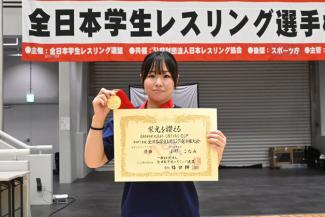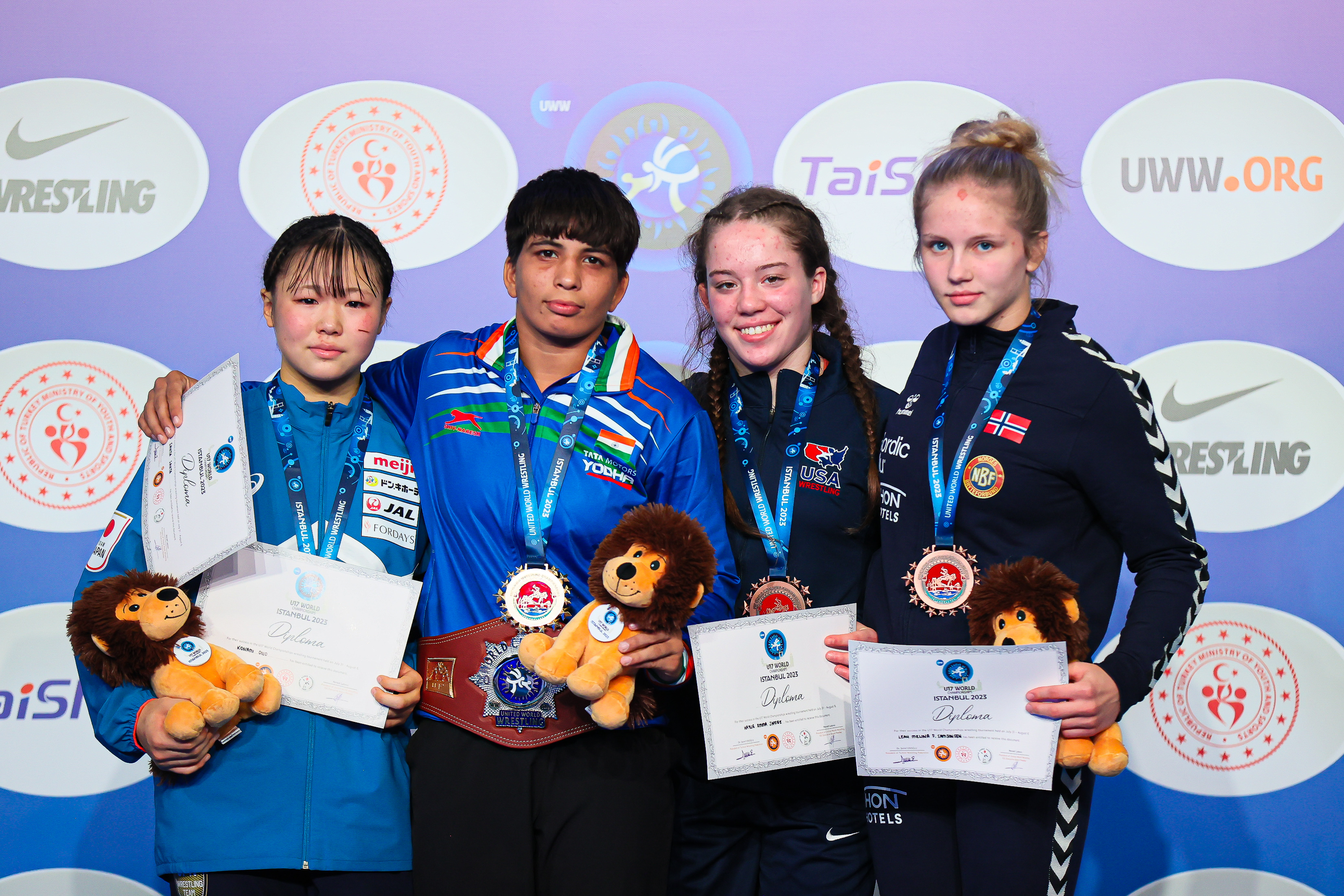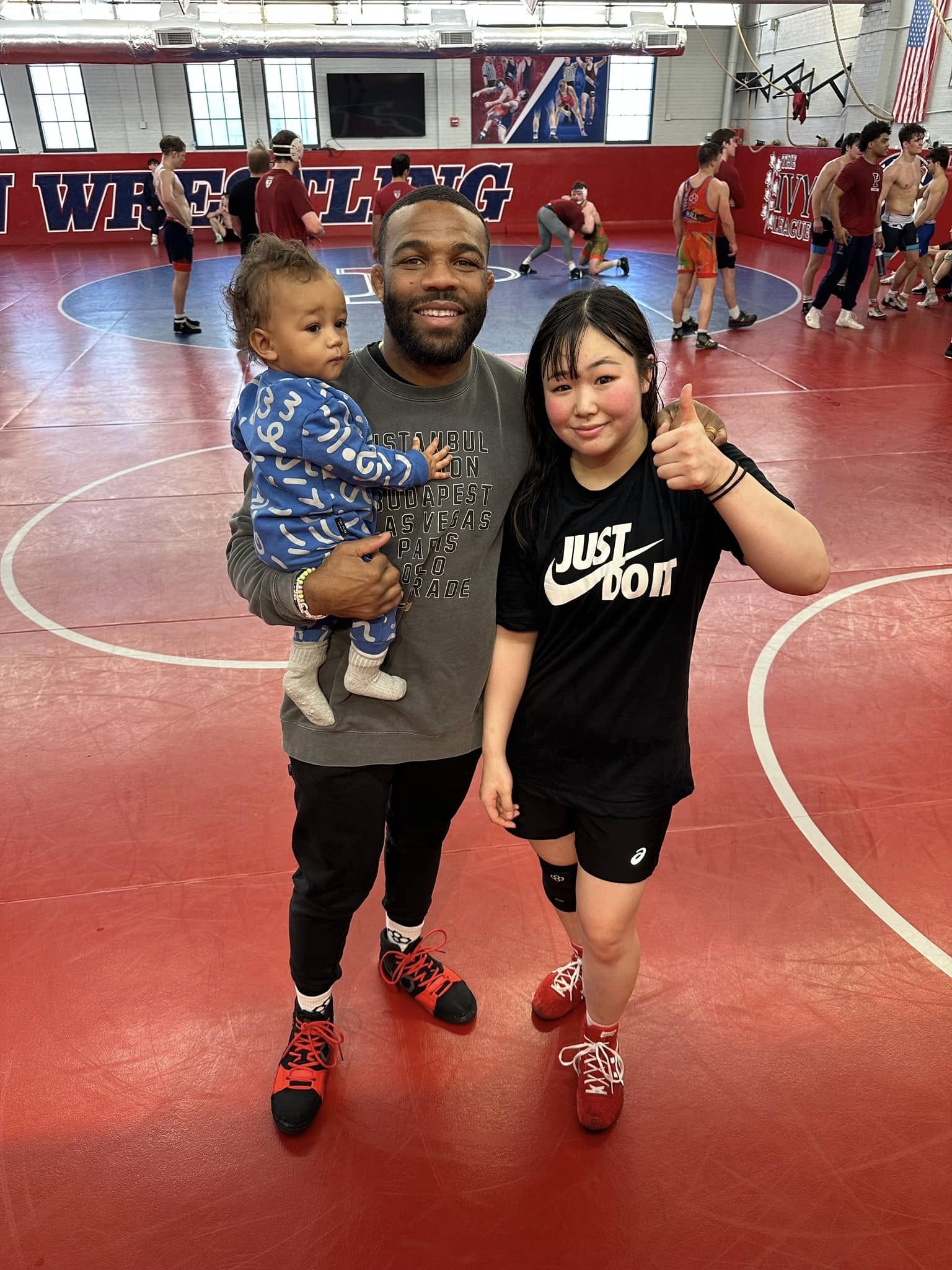Details of the 2017 World Championship Seeding System
Monday, April 10, 2017 - 05:28 By United World Wrestling Press

CORSIER-SUR-VEVEY (April 10) -- United World Wrestling has approved a seeding of the top four athletes in each weight category at the 2017 World Championships in Paris. The seeding is based on the results of the 2016 Olympic Games in Rio (BRA), the 2016 Senior World Championship in Budapest (HUN) and the 2017 Senior Continental Championships
The points will be awarded as follows:

*If a weight category only has one bronze medal (by example Nordic System), the athlete ranked in the fourth place will get 7 points.
The number of participants for each event also effects the points calculation. For instance, if at 70 kg, there were 40 participants at the World Championships, the world champion will receive 25 + 40 pts = 65 points. This way, competitions with many participants will award more points than the ones with fewer participants.
An athlete only receives points within the weight class they participated at the Olympic Games, World Championship and the Continental Championship. Seeding is also linked directly to the athlete, not the national federation. If the National Wrestling Federation replaces the concerned athlete, they will lose this position and the conventional drawing-of-lots shall be administered.
Position of the top seed athletes in the bracket
N°1: He/She will be paired at the first position of the bracket (top of the upper part)
N°2: He/She will be paired at the last position of the bracket (bottom of the lower part)
N°3: He/She will be paired at the top of the lower part of the bracket
N°4: He/She will be paired at the bottom of the upper part of the bracket
If there is a qualification round, the top seeded athletes will be paired last. If the number of athletes oblige the top seeds to participate in the qualification round then it will progress from N°4, N°3, N°2 and then N°1.
Example of a bracket with 17 to 32 athletes:
If the number of registered athletes is between 17 and 28, the top seeds athletes won’t have a qualification round. The bouts of the qualification round will be paired from the bottom to the top of the bracket by avoiding the top seeds.
- If 29 athletes are registered, the top seed N°4 will participate in the qualification round.
- If 30 athletes are registered, the top seed N°4 and N°3 will participate in the qualification round.
- If 31 athletes are registered, the top seeds N°4, N°3 and N°2 will participate in the qualification round.
- If 32 athletes are registered, we will have the perfect number and the competition will start from the 1/16 of finals for all the athletes.
This system will be also followed for the bracket with 9 to 16 athletes.
If one or several top seeds athlete(s) is not entered (replaced or not registered), the next top seed will take his place. No other athlete will be able to replace a top seed. Wrestlers shall be paired off in the order of the numbers they drew.
تعداد شرکت کنندگان هر وزن نیز بر محاسبه امتیازات تاثیرگذار است. برای مثال اگر در وزن 70 کیلوگرم 40 شرکت کننده در مسابقههای جهانی حضور داشته باشند قهرمان جهان 65=40+25 امتیاز دریافت میکند. در این سیستم مسابقههایی که تعداد شرکت کنندگانش بیشتر باشد امتیاز بیشتری دارد.
هر کشتیگیر تنها در هر وزنی که در مسابقههای المپیک، جهانی و قارهای شرکت کرده باشد، امتیازاتش در همان وزن محاسبه میشود. همچنین این سیدبندی مربوط به خود کشتیگیر میشود و به فدراسیون ملی او ارتباطی نخواهد داشت. اگر فدراسیون کشتی یک کشور فرد دیگری را جایگزین کشتیگیر مربوطه کند، موقعیت کشتیگیر قبلی در سیدبندی از بین میرود و کشتی گیر جایگزین شده به صورت قرعهکشی در مسابقهها شرکت میکند.
موقعیت چهار کشتیگیر برتر در جدول هر وزن به ترتیب زیر است:
کشتیگیر شماره یک در سیدبندی: این کشتیگیر در مکان نخست قسمت بالایی جدول قرار میگیرد.
کشتیگیر شماره دو در سیدبندی: این کشتیگیر در مکان آخر از قسمت پائینی جدول قرار میگیرند.
کشتیگیر شماره سه در سیدبندی: این کشتیگیر در مکان نخست قسمت پایینی جدول قرار میگیرد.
کشتیگیر شماره چهار در سیدبندی: این کشتیگیر در مکان آخر از قسمت بالای جدول قرار میگیرد.
اگر دور مقدماتی نیز لازم به انجام مسابقه باشد، کشتیگیران برتر سیدبندی در پایین قرار میگیرند. اگر تعداد کشتیگیران شرکت کننده طوری باشد که چهار کشتیگیر برتر سیدبندی شده مجبور به حضور در دور مقدماتی باشند، به ترتیب از کشتیگیر چهارم تا نخست مبارزه خواهند کرد.
برای مثال جدولی که 17 تا 32 کشتیگیر در آن حضور دارند به ترتیب زیر است:
اگر تعداد شرکت کنندگان بین 17 تا 28 نفر است 4 کشتیگیر برتر سیدبندی، در دورههای نخست مسابقه نخواهند داد. بنابراین مسابقههای مقدماتی از انتها به بالای جدول خواهد بود تا کشتیگیران سیدبندی شده در دور نخست مسابقه ندهند.
اگر مسابقهها 29 شرکت کننده داشته باشد تنها کشتیگیر شماره 4 سیدبندی در دور مقدماتی شرکت میکند.
اگر مسابقهها 30 شرکت کننده داشته باشد، نفرات شماره 3 و شماره 4 سیدبندی در دور مقدماتی شرکت میکنند.
اگر مسابقهها 31 شرکت کننده داشته باشد، کشتیگیران چهارم، سوم و دوم سیدبندی در دور مقدماتی شرکت میکنند.
اگر مسابقههای 32 شرکت کننده داشته باشد، تعداد نفرات کامل است و همه کشتیگیران از مرحله یک شانزدهم نهایی مسابقههای خود را انجام میدهند.
اگر یکی از 4 کشتیگیر برتر سیدبندی شده در مسابقهها شرکت نکند و یا کشتیگیر دیگری جایگزین او شده باشد، نفر بعدی در سیدبندی جای او را خواهد گرفت و کشتیگیر دیگری نمیتواند جایگزین نفری که شرکت نکرده است شود.


 Konami ONO (JPN), left, won a silver medal at the 2023 U17 World Championships. (Photo: United World Wrestling / Kadir Caliskan)
Konami ONO (JPN), left, won a silver medal at the 2023 U17 World Championships. (Photo: United World Wrestling / Kadir Caliskan) Konami ONO (JPN) with world and Olympic champion Jordan BURROUGHS (USA). (Photo courtesy: Masaharu Ono)
Konami ONO (JPN) with world and Olympic champion Jordan BURROUGHS (USA). (Photo courtesy: Masaharu Ono)
Share your thoughts.
Comments